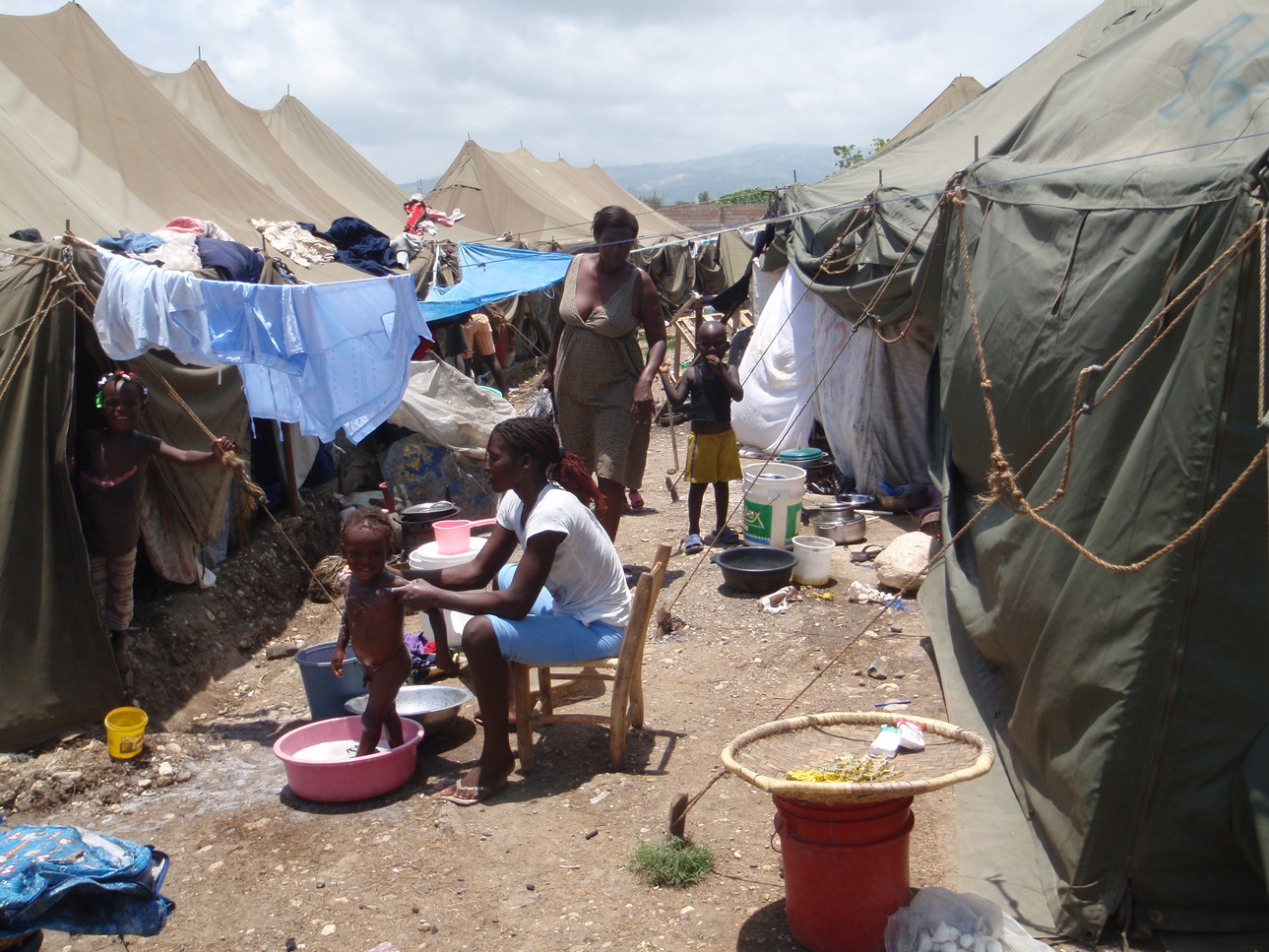The International Planned Parenthood Federation welcomes the United Nations Secretary General’s humanitarian report which he delivered today. (February 9th)
Ban Ki-Moon outlined five core responsibilities for the international community in a report which set out his vision ahead of the world humanitarian summit in May.
These included better political leadership, protection for civilians, respect for humanitarian law, inclusive policies to make sure no one is left out, more flexibility and joined-up thinking from the aid community.
He said the aid industry and his own organisation needed to urgently reform so they could react more effectively to today’s many crises.
Director General, Tewodros Melesse said: "We strongly agree with the vision laid out by the Secretary General. At IPPF, we believe that there needs to be a serious rethink when it comes to the humanitarian response to the increasing number of crises around the world.
“From our perspective we think it is essential that sexual and reproductive health and rights are included in the humanitarian response.”
The figures for humanitarian crises are dramatic. More than a billion people alive today have seen their lives upended by crisis, war, instability; epidemics and disasters have left a long trail of turmoil and destruction. More than 100 million people in need of humanitarian assistance
We know that a quarter of these are women and girls aged between 15 and 49 who are heightened risk of sexually transmitted infections, including HIV; unintended, unwanted pregnancy; maternal death and illness and sexual- and gender-based violence.
The statics show that 56 per cent of maternal and child deaths take place in fragile settings, many of them affected by conflicts and recurring natural disasters.
Over the past decade, IPPF has reached millions of people during floods, conflicts, earthquakes, cyclones when health care systems have often collapsed. At these moments IPPF Member Associations continued to serve the unreachable particularly women which are three-quarters of IPPF clients.
We have an organizational strategy to address sexual and reproductive needs before, during and after humanitarian crises. IPPF’s first response is with its Minimum Initial Service Package, which is life-saving, and then IPPF transitions to its Integrated Package of Essential services, which is life-changing. Often our intervention in the aftermath of humanitarian disasters ensures that the sexual and reproductive health situation is better after the crisis than before.
when
Subject
Emergencies










